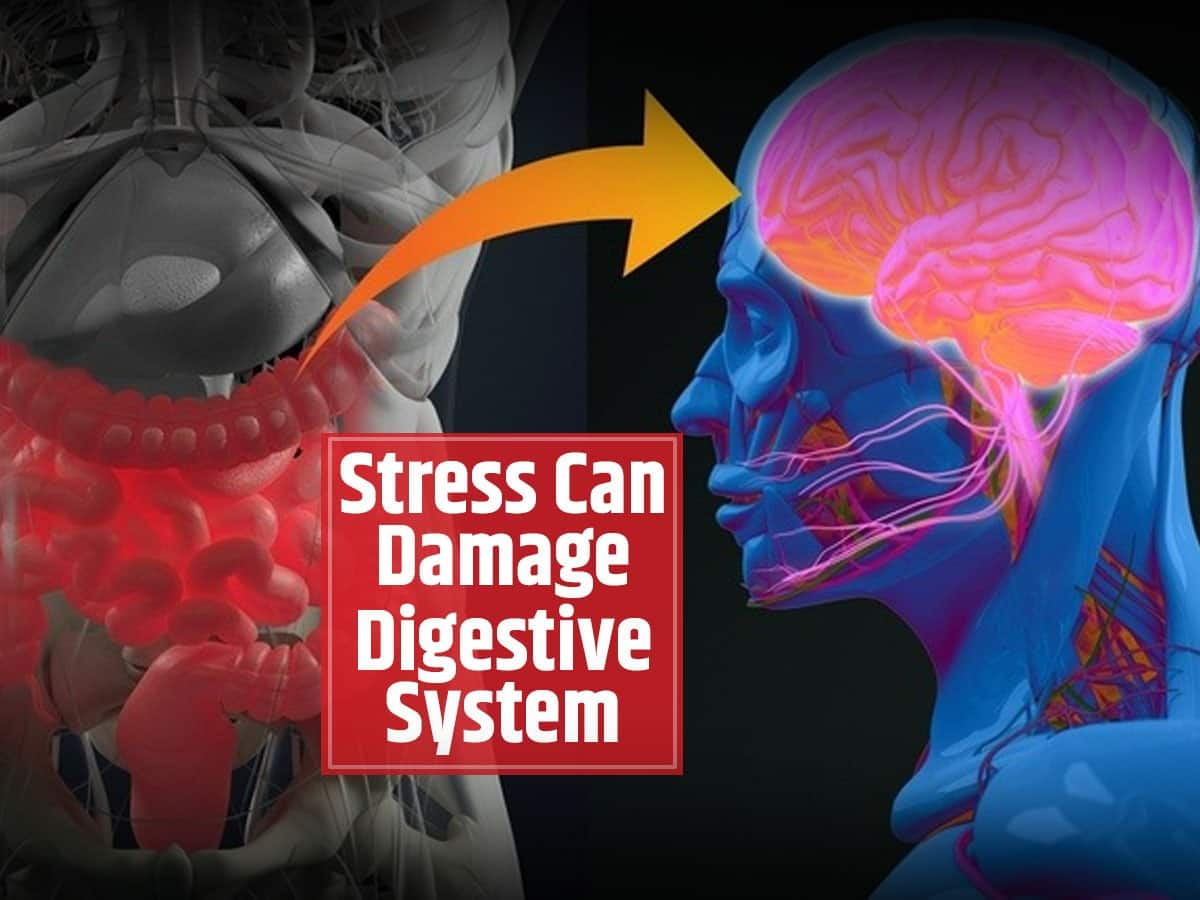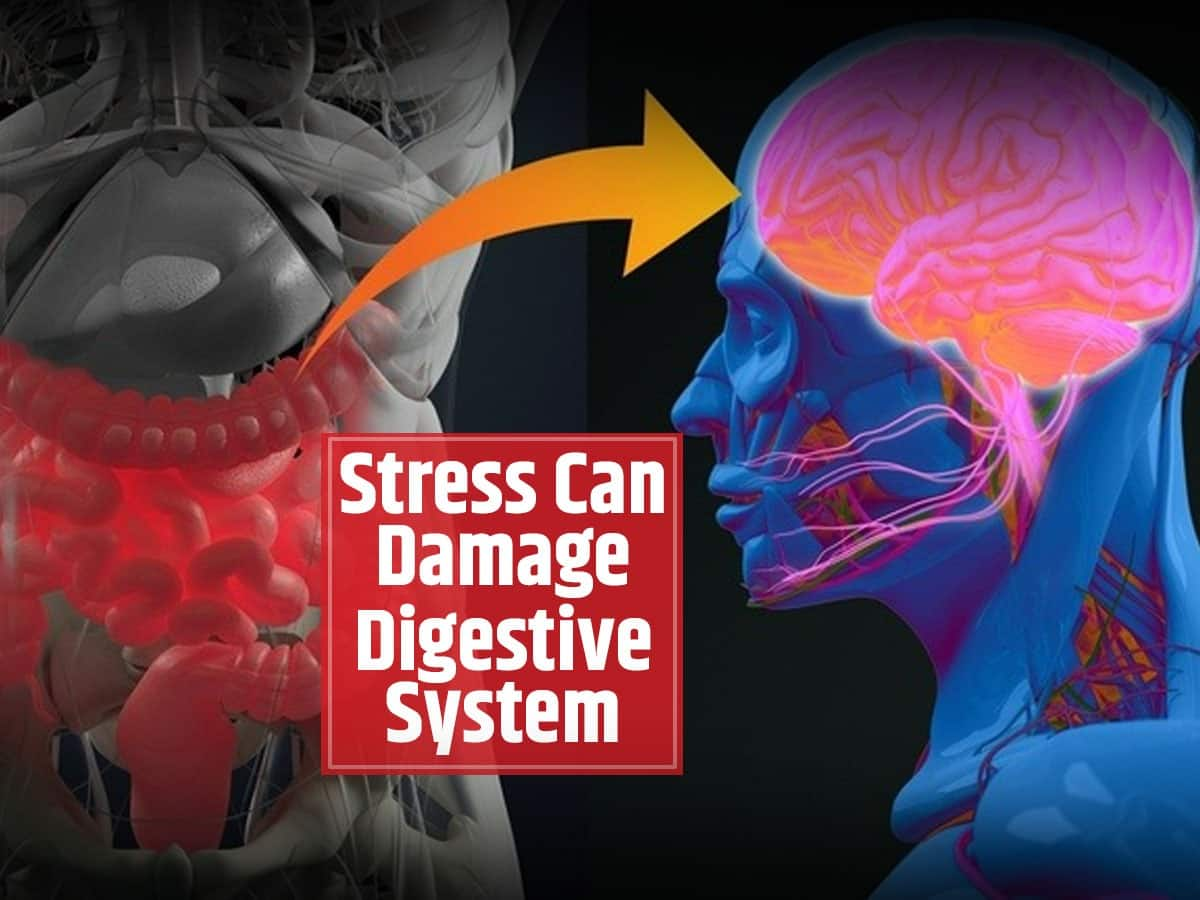 Can stress affect your digestive system? Dr. Ksheetij Kothari, Consultant -Medical Gastroenterology, Manipal Hospitals, Kharadi, Pune, tells you the truth.
Can stress affect your digestive system? Dr. Ksheetij Kothari, Consultant -Medical Gastroenterology, Manipal Hospitals, Kharadi, Pune, tells you the truth.
Can Stress Affect Your Digestive System?
In recent years, problems related to digestion have been on a constant rise among people of different age groups. According to a recent study, almost 56% of Indian families reported dealing with some form of digestive health issue. However, in recent years, it has also been seen that stress has a direct impact on digestion that disrupts its proper functioning. Although the human body is designed in a way to handle a particular amount of stress at a time, when the stress becomes chronic in nature, it impacts other major organs, including the digestive system. There is a direct link between the brain and the digestive system as the central nervous system controls its functioning. The digestive system is often referred to as the second brain as it has its own network of neurons that are known as the enteric or intrinsic nervous system.
Speaking to TheHealthSite.com, Dr. Ksheetij Kothari, Consultant -Medical Gastroenterology, Manipal Hospitals, Kharadi, Pune, said that when a person is stressed, the brain activates the sympathetic nervous system, which prepares the body to deal with any imminent threats by preserving functions that are not immediately required for survival. This even includes the functions of the digestive system. This includes delay in digestion, stomachache, indigestion, and slow bowel movement. In some cases, it can also cause heartburn and nausea that can become worse after eating. In more severe cases, stress may reduce blood flow and oxygen to the stomach, resulting in cramping, inflammation, or a bacterial imbalance in the gut. Some other gastrointestinal disorders that are caused by stress include:
Gastroesophageal Reflux Disease (GERD)
This problem occurs when stomach acid flows back into the tube that connects the mouth and stomach on a regular basis (oesophagus). Acid reflux (backwash) can irritate the lining of the oesophagus causing discomfort.
Irritable Bowel Syndrome (IBS)
It is one of the most common digestive problems that is triggered by stress. Frequent stress can affect the large intestines and can cause cramping, abdominal pain, bloating gas, diarrhoea, or constipation. If not managed well, it can even become chronic in nature.
Inflammatory Bowel Disease (IBD)
It refers to a group of disorders that cause chronic inflammation (pain and swelling) in the intestines. IBD can be triggered by stress and includes Crohn’s disease and ulcerative colitis. People may also experience constant mood swings affecting their eating habits.
Peptic Ulcers
These ulcers are open sores that develop on the inside lining of the stomach and the upper portion of the small intestine. As one of the most common signs of this condition is stomach pain, most people tend to ignore it at the initial stage, and it becomes worse with time.
There are numerous ways to reduce stress and improve gut health. Stress-reduction techniques such as regular exercise, avoiding stressors, socializing, getting enough sleep, and relaxing can significantly reduce stress levels. It not only improves the digestive processes but also impacts overall health. In addition to stress reduction techniques, one can improve digestive health by drinking less alcoholic beverages or eating less sugar. Too much sugar can cause an imbalance in the ratio of good and bad bacteria in the stomach. Moreover, it is also important to increase the intake of foods that promote digestive health, including food high in probiotics or items that help the body produce digestive enzymes.








